Science fiction is a genre filled with widely celebrated classics, but many incredible novels fly under the radar. These overlooked gems push the boundaries of imagination, presenting fresh ideas, unique worlds, and thought-provoking themes that deserve more recognition. Whether it’s through vivid storytelling or tackling complex social issues, each of these books brings something special to the table. If you’re looking for something beyond the usual sci-fi staples, these will offer a fascinating escape into unknown territories.
The Stars My Destination by Alfred Bester
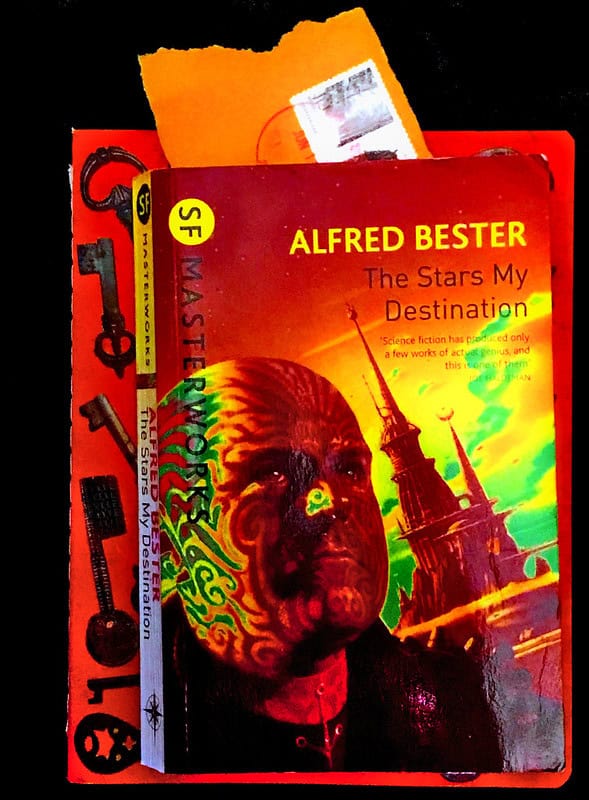
Alfred Bester’s The Stars My Destination is often regarded as a precursor to the cyberpunk genre, but it hasn’t always received the recognition it deserves. It tells the story of Gully Foyle, an unremarkable man who survives being stranded in space, only to embark on a relentless quest for revenge. Set in a future where teleportation, or “jaunting,” has revolutionized society, his single-minded pursuit leads him through an increasingly complex and corrupt universe. Bester’s novel is notable for its fast-paced action, vivid world-building, and philosophical undertones. The protagonist’s transformation from a brutish survivor into a sophisticated anti-hero is both compelling and disturbing, making him one of the most unique characters in science fiction.
The City and the Stars by Arthur C. Clarke
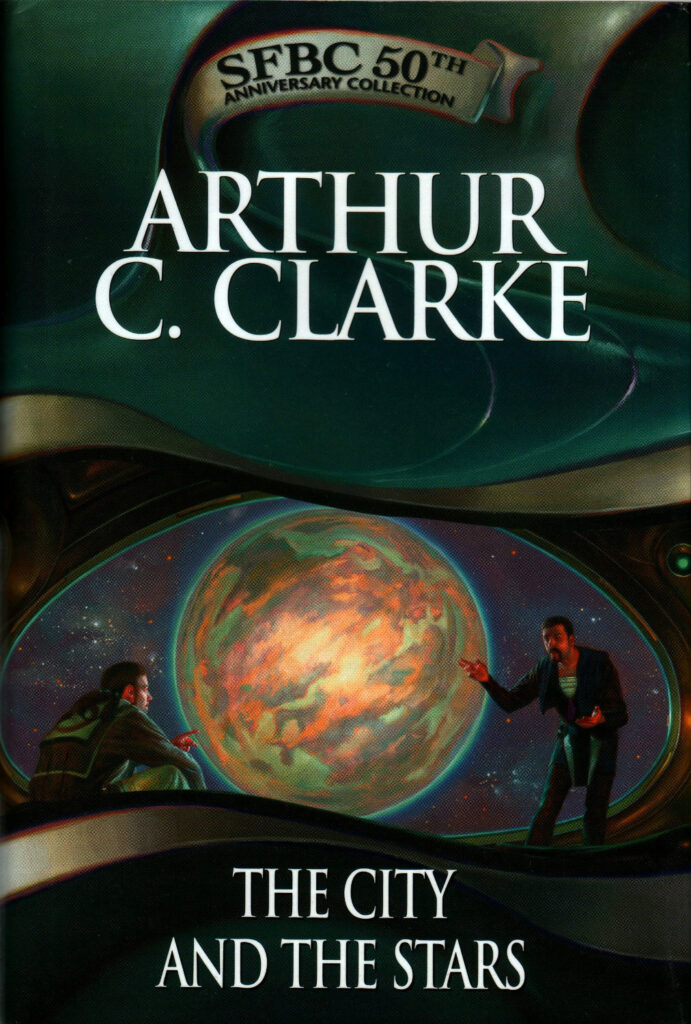
In The City and the Stars, Arthur C. Clarke transports readers to a distant future where humanity has retreated to the single city of Diaspar, a place isolated from the rest of the world for millions of years. The protagonist, Alvin, is the only person in this seemingly immortal society who dares to question the reality around him, yearning for exploration beyond the city’s walls. As he delves into the mystery of Diaspar’s existence, Clarke weaves a tale about human stagnation, the fear of the unknown, and the potential for evolution. What makes this novel particularly special is the author’s lyrical writing style, creating a world both deeply philosophical and vivid. Despite being overshadowed by Clarke’s more famous works like 2001: A Space Odyssey, this presents a richly detailed vision of the future, offering deep insights into the limits of knowledge and human potential.
The Dispossessed by Ursula K. Le Guin
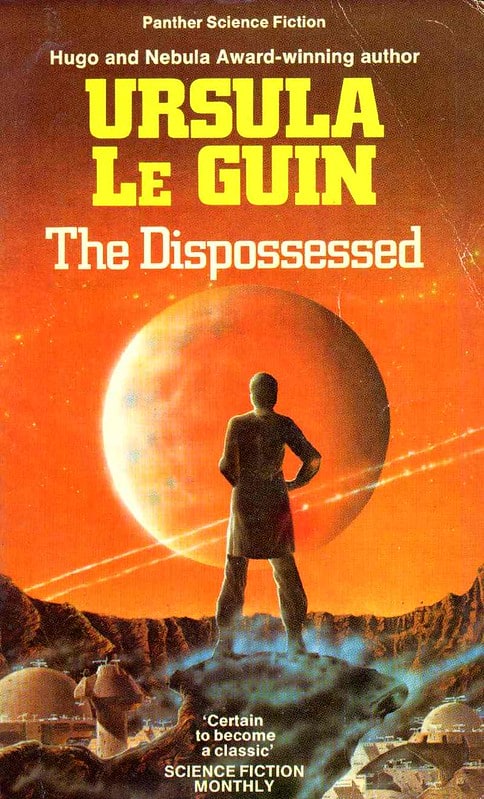
Ursula K. Le Guin’s The Dispossessed is a masterwork of sociopolitical commentary wrapped in a science fiction narrative. The story centers on Shevek, a physicist who travels between two contrasting planets—one a capitalist society, the other an anarchist collective. Le Guin’s novel tackles heavy themes like freedom, power, and societal structure, using these two worlds as a mirror to real-world political and philosophical ideologies. Though Le Guin is well-known for The Left Hand of Darkness, this novel remains a profound and often overlooked exploration of idealism versus reality. Its deep dive into human nature and the structures we build around it gives it a timeless quality, offering readers much to reflect on in today’s divided world.
The Memory of Whiteness by Kim Stanley Robinson
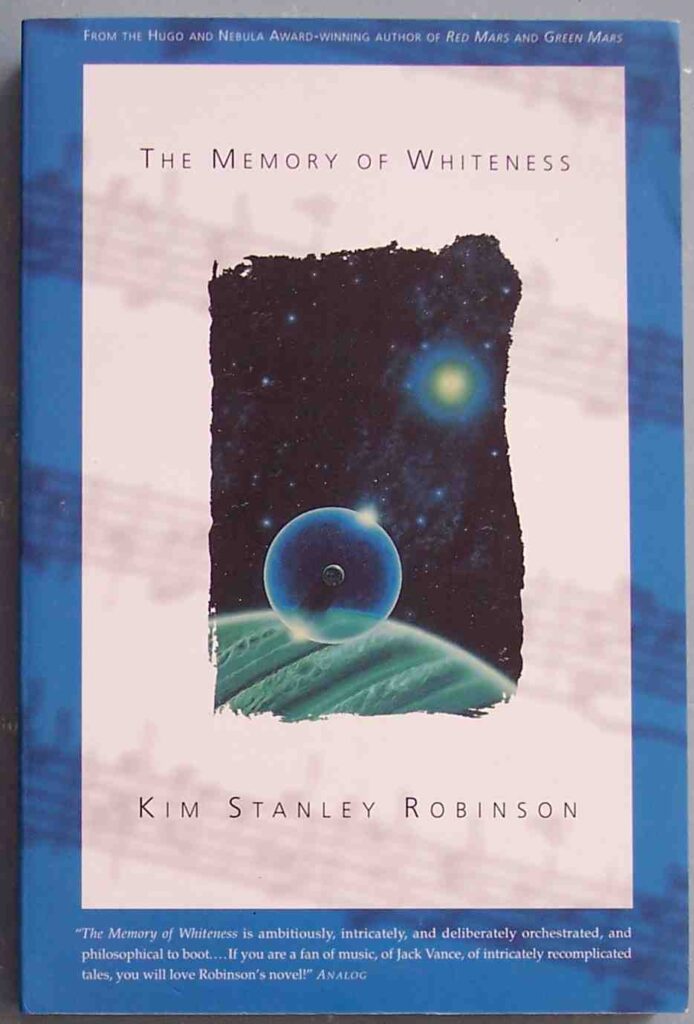
The Memory of Whiteness is an intricate blend of science fiction and music, set in a future where humanity has spread across the solar system. The protagonist, Johannes Wright, is a master musician, tasked with playing a mysterious and powerful instrument known as “The Orchestra.” As he embarks on a tour of the planets, he uncovers conspiracies and existential threats to the entire universe. Robinson’s novel is a unique exploration of art, science, and philosophy, filled with rich descriptions and complex ideas about the role of creativity in society. Readers who appreciate cerebral, thought-provoking science fiction will find this novel deeply rewarding.
Spin by Robert Charles Wilson
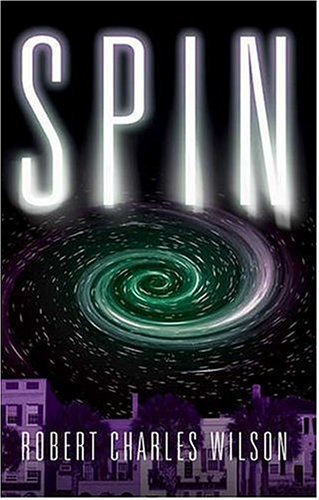
Spin is a gripping sci-fi novel that begins with the sudden appearance of a mysterious barrier around Earth, cutting the planet off from the rest of the universe. The story follows three childhood friends as they grow up in a world radically changed by this cosmic event. Wilson’s novel is both a personal story of friendship and a sweeping tale of humanity’s response to an existential threat. Its exploration of time, space, and the human condition is both profound and accessible, making it a standout in the genre.
Glasshouse by Charles Stross
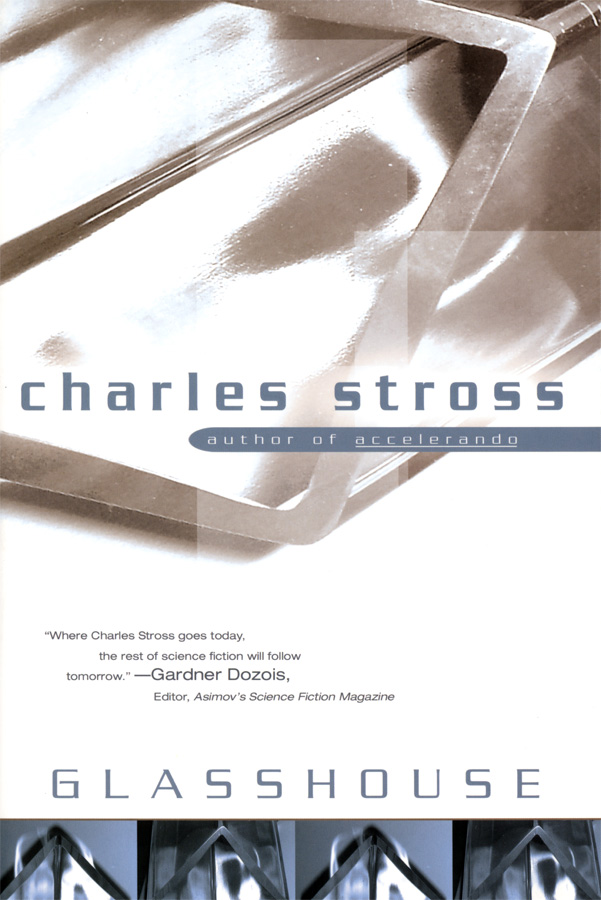
Glasshouse is a complex, fast-paced novel set in a far-future society where people can manipulate their bodies and memories. The story follows Robin, a soldier who agrees to participate in an experiment designed to recreate the social conditions of 20th-century Earth. However, the experiment quickly becomes a nightmarish simulation, and he must uncover the truth behind it. Stross blends cyberpunk with dystopian elements, exploring themes of identity, free will, and societal control. It is a thought-provoking read, but its complexity has kept it somewhat underappreciated compared to Stross’s other works.
Pushing Ice by Alastair Reynolds
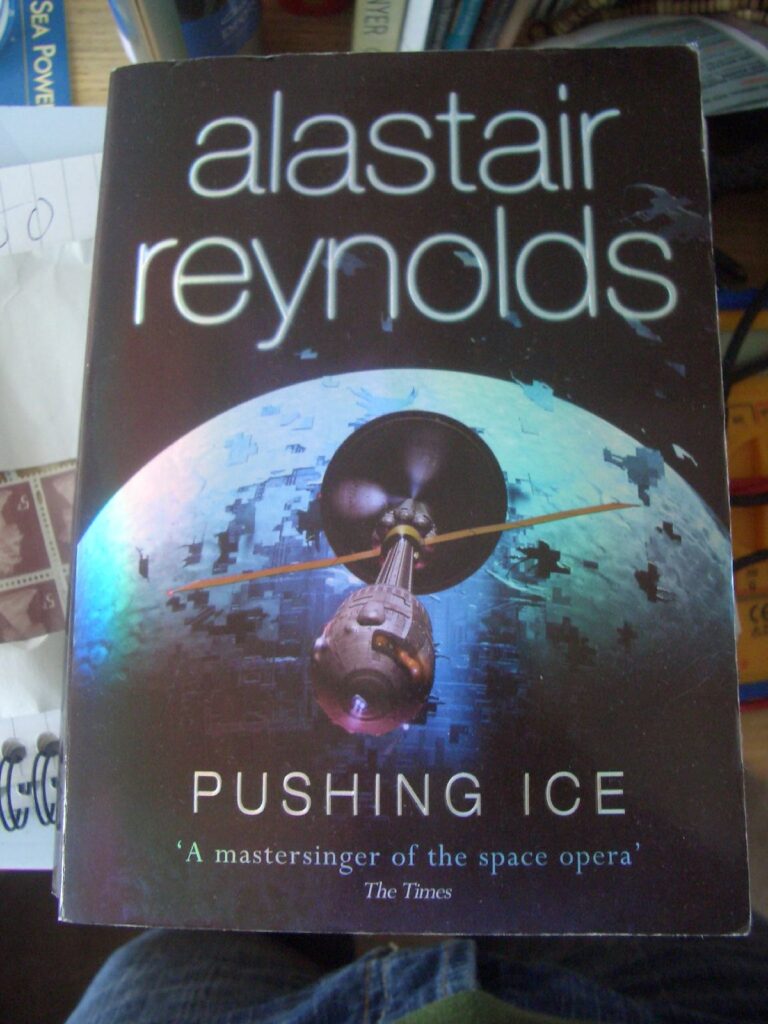
Pushing Ice is an epic space opera that begins with the crew of a mining ship tasked with following a moon-sized alien object as it leaves the solar system. What starts as a straightforward mission turns into a tale of survival and exploration as the crew faces unimaginable challenges. Reynolds excels at blending hard science fiction with grand, philosophical ideas about humanity’s place in the universe. Its slow-building tension and complex characters make it a standout in the space opera genre.
Accelerando by Charles Stross
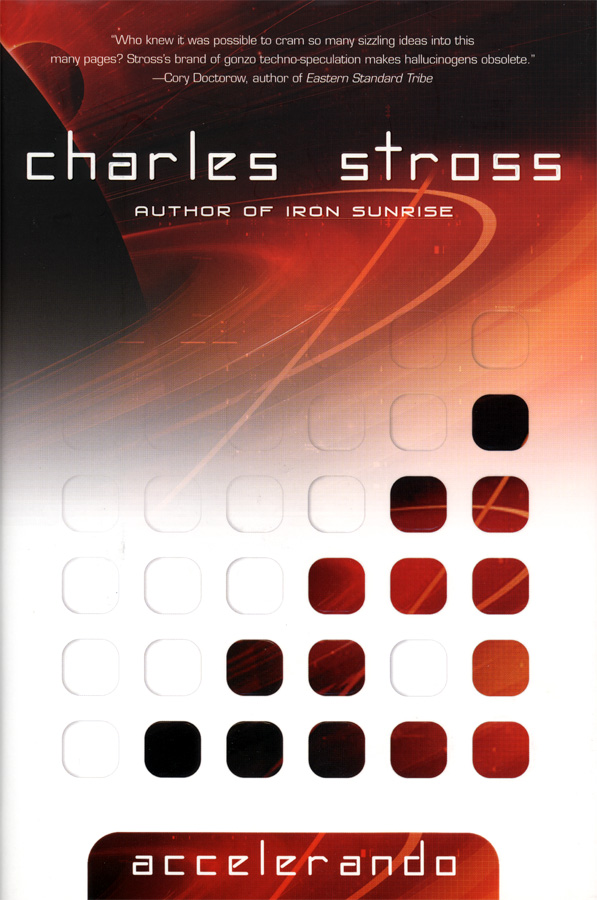
Accelerando is a mind-bending exploration of the singularity, following the generations of a family as they experience the accelerating pace of technological change. Stross imagines a future where human consciousness can be uploaded and sent into space, economies run on sentient software, and the line between biological and digital life blurs. It is known for its dense, fast-paced narrative that tackles complex concepts like post-scarcity economics, artificial intelligence, and the future of humanity.
This article originally appeared on Rarest.org.
More from Rarest.org
9 Sought-After Vintage Holiday Decorations with Timeless Charm

Vintage holiday decorations hold a special charm that transports us to a simpler time. These sought-after treasures have a timeless appeal, adding a nostalgic touch to any holiday setting. Read More.
12 Little-Known Rituals from Ancient Societies
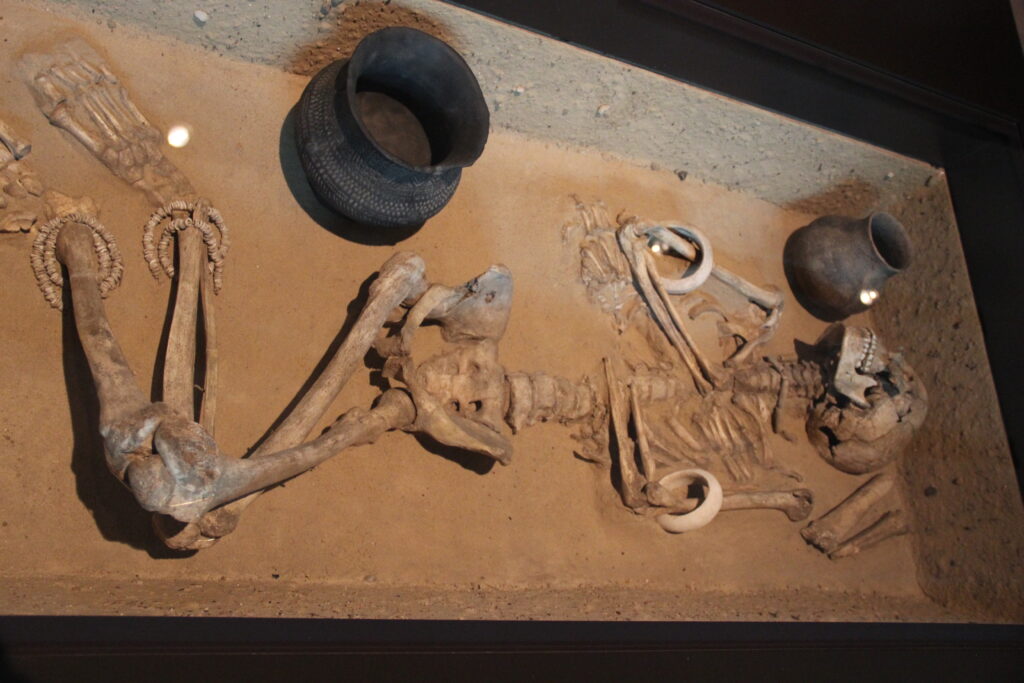
Throughout history, ancient societies practiced fascinating rituals, often tied to their unique beliefs and customs. These ceremonies served purposes ranging from honoring deities to guiding the dead into the afterlife. Read More.
20 Legendary Athletes Who Dominated Multiple Sports

Some athletes aren’t satisfied with mastering just one sport. These legendary figures have taken their talents beyond a single arena, showing incredible versatility and determination. Read More.
